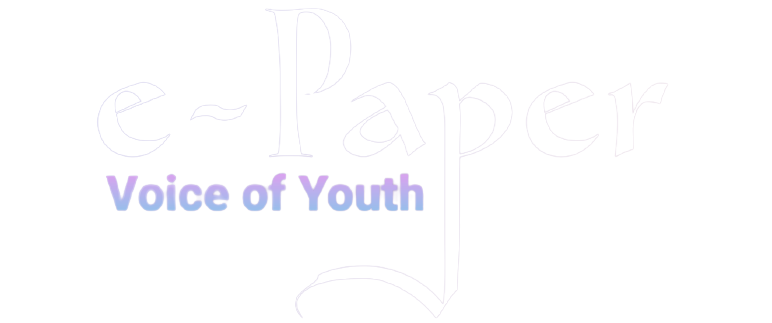The European Funding Financial institution has mentioned it’ll lower its funding of street infrastructure consistent with its local weather objectives, even because it seeks to ramp up the quantity of finance it gives to move initiatives total.
Kris Peeters, vice-president of the EIB, informed the Monetary Occasions from the sidelines of the assembly of officers from Group of 20 international locations in Bali on Friday he was “satisfied” the lender would make investments much less in roads and extra in “different parts” of transport infrastructure. The feedback come forward of the publication subsequent week of its transport lending coverage for the following 5 years till 2027, by which time Peeters mentioned he anticipated the financial institution to up its infrastructure spending.
The EIB is the world’s largest multilateral lender and gives long-term finance for initiatives that help EU insurance policies. It has come below fireplace from local weather campaigners and NGOs who say its financing of roads and non-fossil gas initiatives operated by power majors who nonetheless revenue from burning oil and fuel undermines its environmental goals.
Street transport funding made up 38 per cent of the €11bn the EIB put behind transport initiatives final 12 months, regardless of the financial institution asserting in 2019 that it could cease investing in fossil gas initiatives by the tip of 2021 and help €1tn for local weather initiatives earlier than 2030.
The financial institution has not too long ago permitted €30mn for a leg of motorway in France and is contemplating placing ahead €400mn for highways in Poland to attach components of the so-called TEN-T community.
“We can’t afford to have establishments just like the European Funding Financial institution pouring billions into freeway initiatives, regardless of their impact on emissions and air pollution. Public cash should prioritise climate-mitigation motion, encourage strolling, biking, enhance biking infrastructures, intermodality and public transport and lower funds to motorways initiatives,” mentioned Kuba Gogolewski, who leads Greenpeace Europe’s Cash for Change marketing campaign.
Frank Vanaerschot, director of the transparency organisation Counter Steadiness, mentioned: “If the EIB desires to cut back funding in street infrastructure, they need to really undertake targets of their coverage and present they’ll cut back emissions.”
Peeters defended the financial institution’s report on street constructing, saying: “We try to stimulate electrical vehicles and use of electrical vehicles and never have new roads for fossil gas autos, however it’s a mixture and we can’t say we will not make investments any extra within the street when we now have this crucial community in Europe.”
The financial institution has been notably supportive of the EU’s Trans-European Transport Community, an internet of rail, street and waterways designed to unite the bloc, the core parts of that are because of be accomplished by 2030.
Peeters added that the financial institution was placing extra emphasis on city transport, corresponding to metros and trams.
As a part of its new transport lending coverage, the EIB will set a extra stringent check for street infrastructure initiatives costing over €25mn that mixes an estimated price of carbon emissions and sure visitors congestion. The financial institution mentioned it could “display out initiatives depending on excessive short-term visitors progress”.
The EIB’s administration committee and board of administrators, made up of representatives from the EU’s 27 member states, would determine whether or not every undertaking met the check necessities, Peeters mentioned.
Vanaerschot argued that the checks weren’t clear and “fail to ensure that the EIB will meet the EU’s local weather objectives”.
The EIB is because of overview its power lending coverage after the summer season to include parts of the EU’s Inexperienced Deal local weather legislation, which goals to push the bloc in the direction of web zero greenhouse fuel emissions by 2050.


